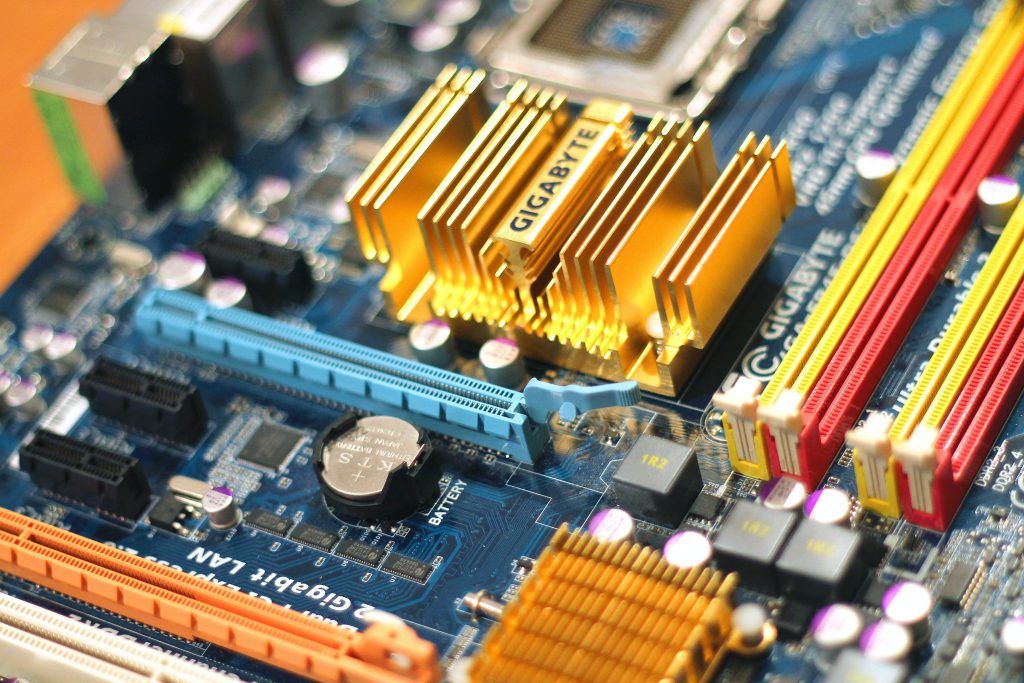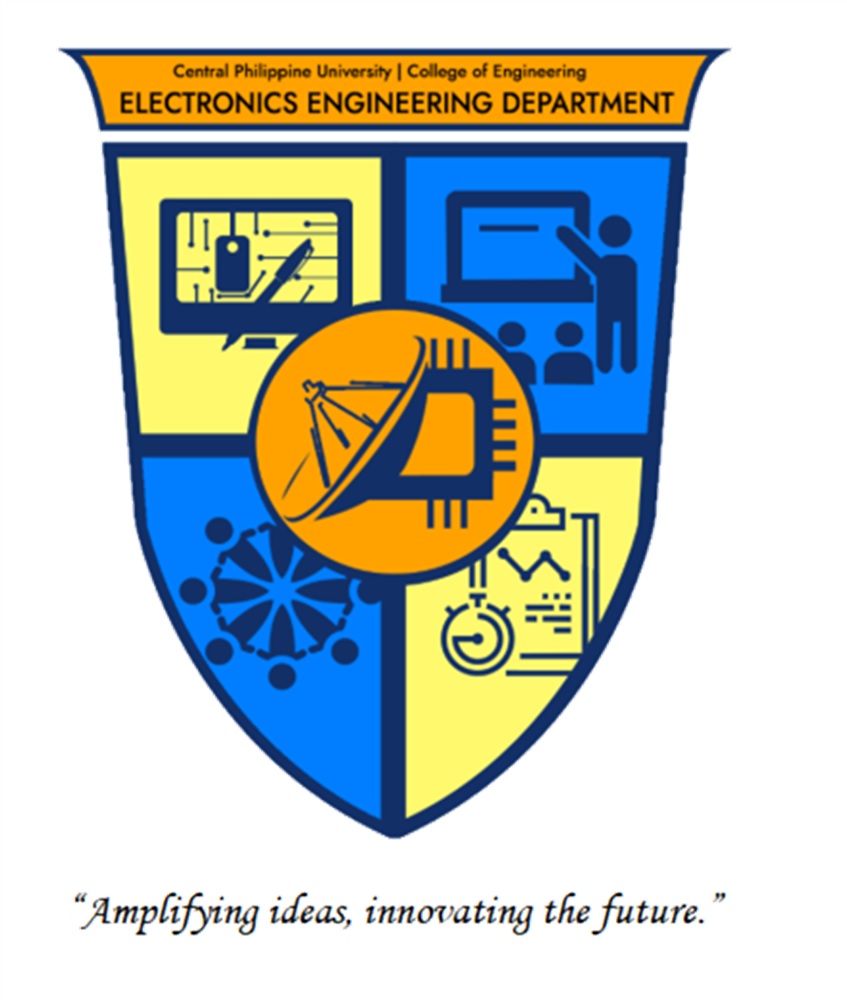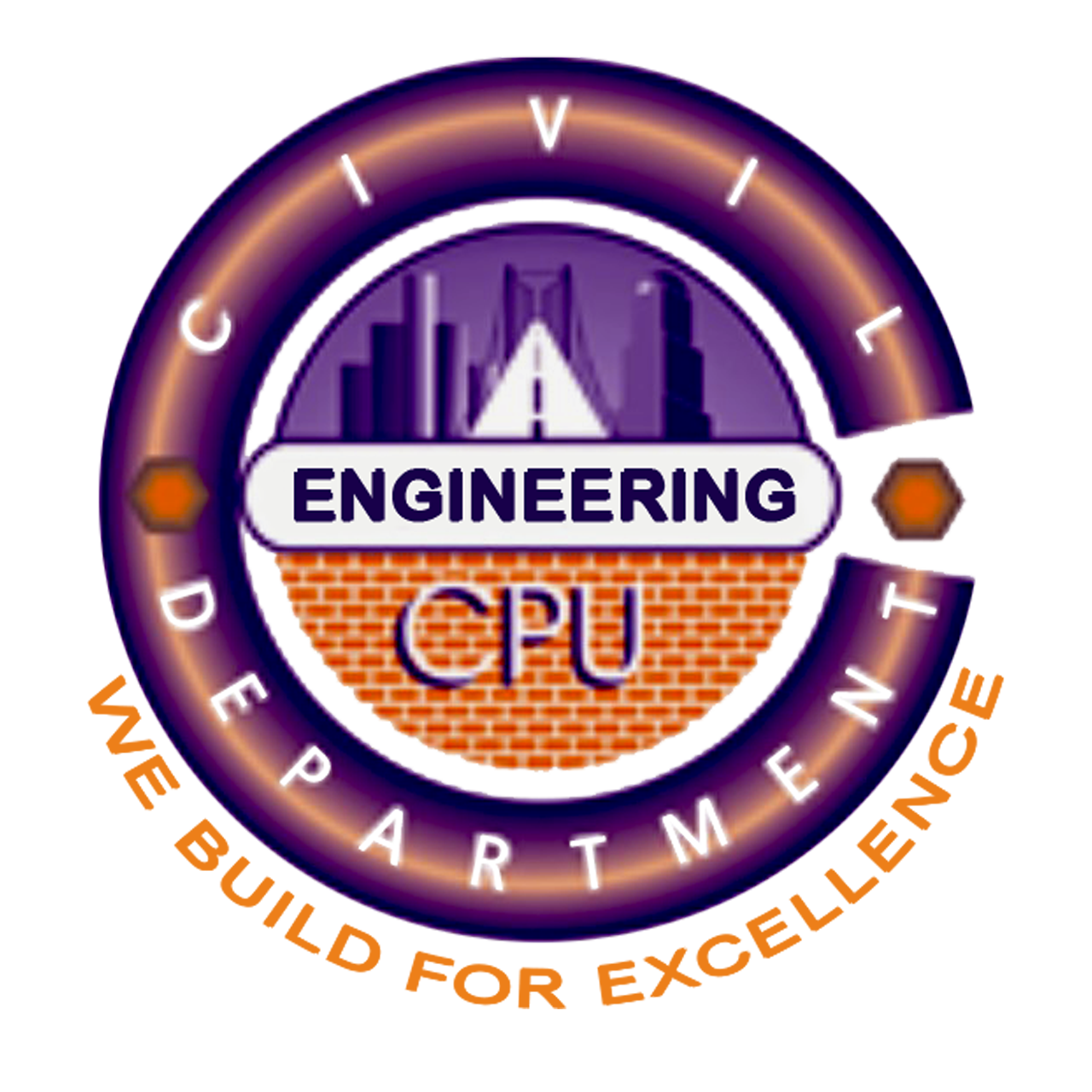Electronics Engineering
Overview
Electronics Engineering is a branch of engineering that integrates available and emerging technologies with knowledge of mathematics, natural, social and applied sciences to conceptualize, design, and implement new, improved, or innovative electronic, computer and communication systems, devices, goods, services and processes.
An Electronics Engineer is endowed with spiritual, moral, and ethical values, mindful of safety concerns and guided with responsibility to society and environment in the discharge of his functions.

Nature of the Program
The BSECE curriculum is designed to develop engineers who have a background in mathematics, natural, physical and allied sciences. As such, the curriculum contains courses in mathematics, science and engineering fundamentals with emphasis on the development of analytical and creative abilities. It also contains language courses, social sciences and humanities. This is to ensure that the electronics engineering graduate is articulate and is able to understand the nature of his/her special role in society and the impact of his/her work on the progress of civilization.
The curriculum is designed to guarantee a certain breadth of knowledge of the BSECE disciplines through a set of core courses. It ensures depth and focus in certain disciplines through areas of specialization. It provides a recommended track of electives that HEIs may adopt or develop. The curriculum develops the basic engineering tools necessary to solve problems in the field of Electronics Engineering. This enables the graduate to achieve success in a wide range of career.
Institutional electives are prescribed in order to give a certain degree of specialization so that institutions of learning will develop strengths in areas where they already have a certain degree of expertise.
Emphasis is given to the basic concepts. Previously identified courses are strengthened to take into account new developments. New courses and/or topics are introduced so that the student’s knowledge of the fundamentals may be enhanced. This is to allow the student to achieve a degree of knowledge compatible with international standards.
Nature and Scope of the practice of an ECE graduate
The scope and nature of practice of the Electronics Engineer shall embrace and consist of any work or activity relating to the application of engineering sciences and/or principles to the investigation, analysis, synthesis, planning, design, specification, research and development, provision, procurement, marketing and sales, manufacture and production, construction and installation, tests/measurements/control, operation, repair, servicing, technical support and maintenance of electronic components, devices, products, apparatus, instruments, equipment, systems, networks, operations and processes in the fields of electronics, including communications and/or telecommunications, information and communications technology (ICT), computers and their networking and hardware/firmware/software development and applications, broadcast/broadcasting, cable and wireless television, consumer and industrial electronics, electro optics/photonics/opto-electronics, electro-magnetics, avionics, aerospace, navigational and military applications, medical electronics, robotics, cybernetics, biometrics and all other related and convergent fields; it also includes the administration, management, supervision and regulatory aspects of such works and activities; similarly included are those teaching and training activities which develop the ability to use electronic engineering fundamentals and related advanced knowledge in electronics engineering, including lecturing and teaching of technical and professional subjects given in the electronics engineering (RA9292, 2004).







